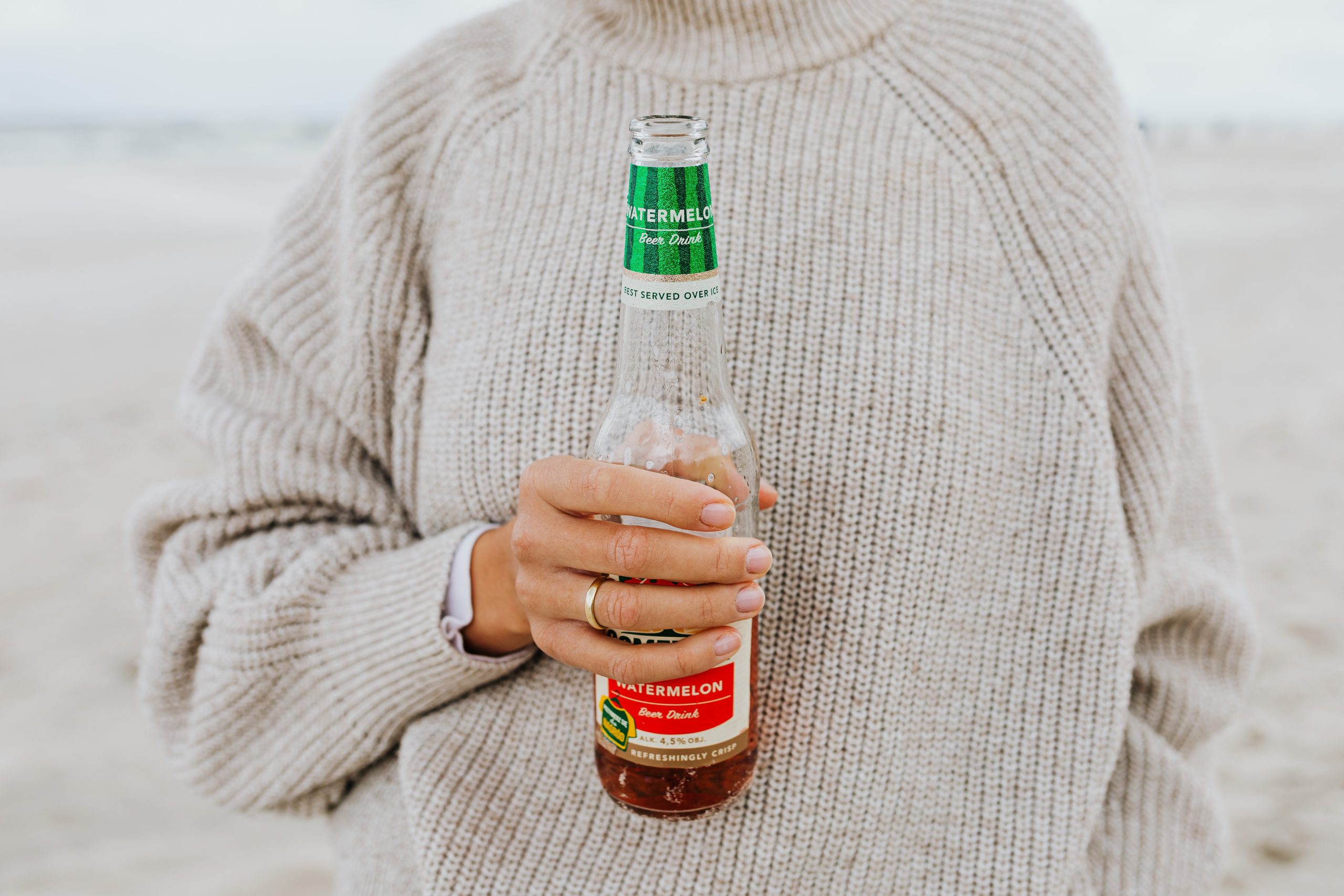Alcohol and Parenting - What You Should Know

For many people over 21 years old, drinking alcohol is a part of meals and socializing. For your mental health, it's important to have fun and let off some steam, especially as a parent. However, alcohol use during pregnancy, breastfeeding, and while caring for your child could have long-lasting effects on everyone’s well-being.
Alcohol Use During Pregnancy
When a pregnant mother drinks alcohol, it enters the bloodstream. It can be passed from her blood to the baby through the umbilical cord. Drinking alcohol during pregnancy can cause permanent physical, behavioral, and intellectual disabilities in the baby. It can also cause miscarriage and stillbirth. According to the Centers for Disease Control & Prevention (CDC), there is no safe time to drink during pregnancy. Consuming alcohol of any kind during pregnancy can result in Fetal Alcohol Spectrum Disorders (FASDs).
Alcohol Use While Breastfeeding
It’s safest to not to drink and breastfeed or pump. However, moderate alcohol consumption – no more than one drink a day – has not been deemed harmful. One drink is the equivalent of a 5-ounce glass of wine (at 12% alcohol), a 12-ounce beer (at 5% alcohol), or a 1.5-ounce shot of hard liquor (at 40% alcohol). You should wait at least 2 hours after a single drink before breastfeeding or pumping. Moderate levels of alcohol in breast milk could affect an infant’s development and sleep patterns.
Responsible Alcohol Use While Parenting
Being a parent doesn’t mean you can’t use alcohol – it just requires a little more planning and preparation. It is generally a good idea to avoid drinking alcohol while caring for your child. Drinking can result in impaired judgment, lack of coordination, and aggressiveness; these affect the skills needed to be a good parent. Excessive drinking could lead you and your child into harmful or dangerous situations. If you drink regularly, it can be more difficult to establish a routine through your parenting practices. You can still have fun while your child’s needs are met - plan to have a few drinks outside of your home, when you have childcare, or once your child is in bed. If you think you may have a problem with your drinking, you can reach SAMHSA’s National Helpline at 1-800-662-HELP (4357). They are available 24/7 for free, confidential treatment referral and information service.
Helpful Resources
- SAMHSA.gov SAMHSA’s (Substance Abuse and Mental Health Services Administration) is a national resource geared to help people find free, accessible treatment for addiction, mental illness, and more.